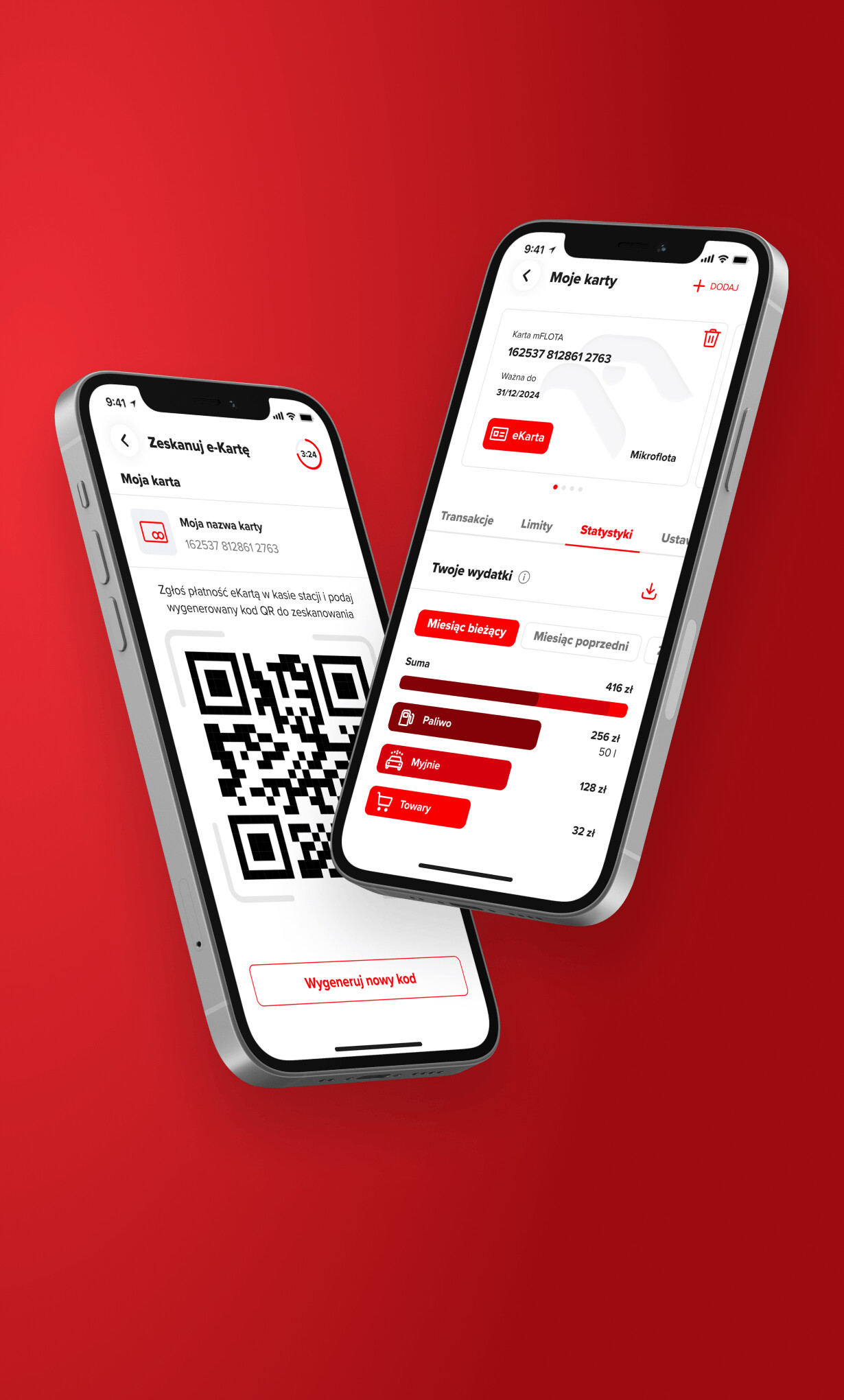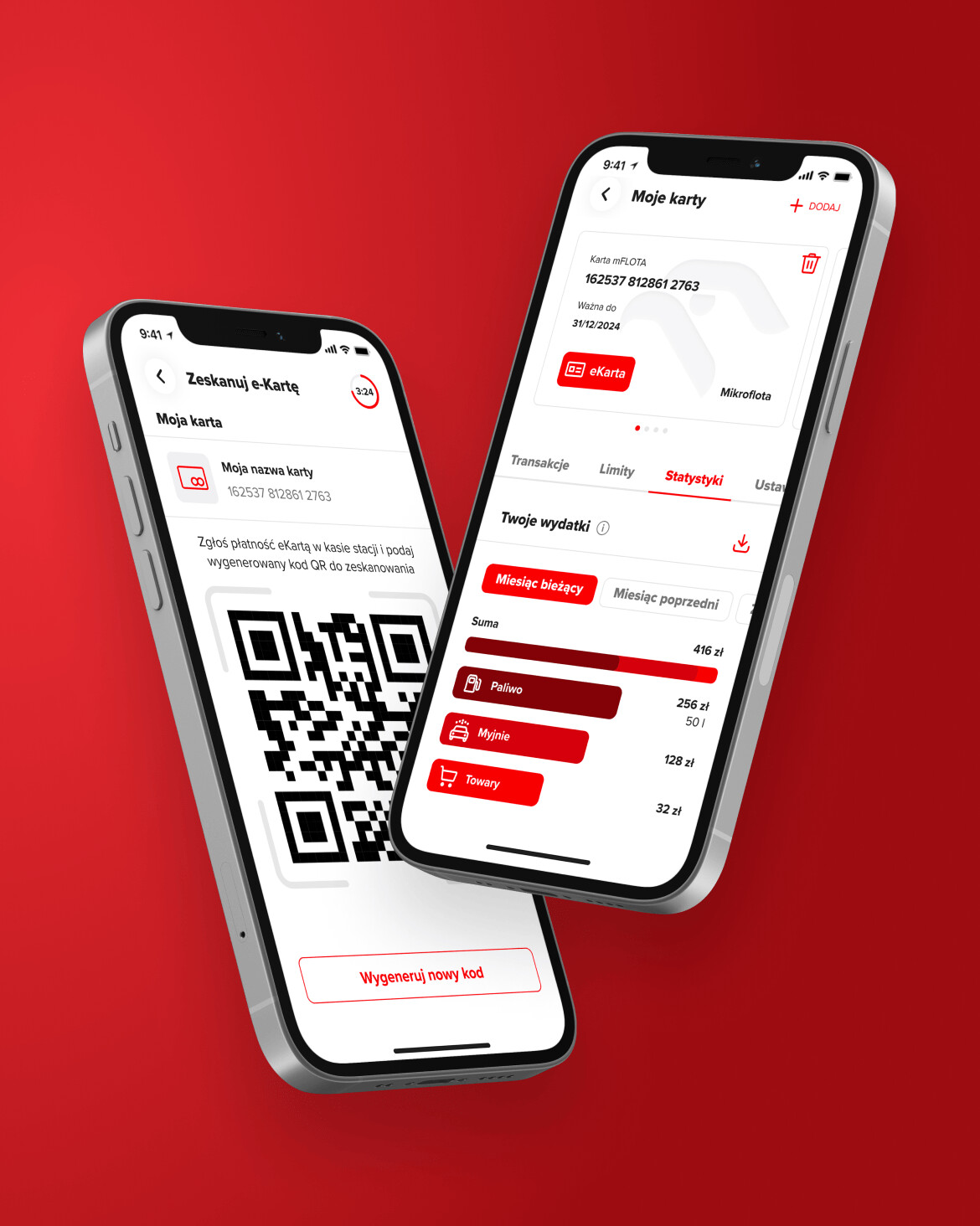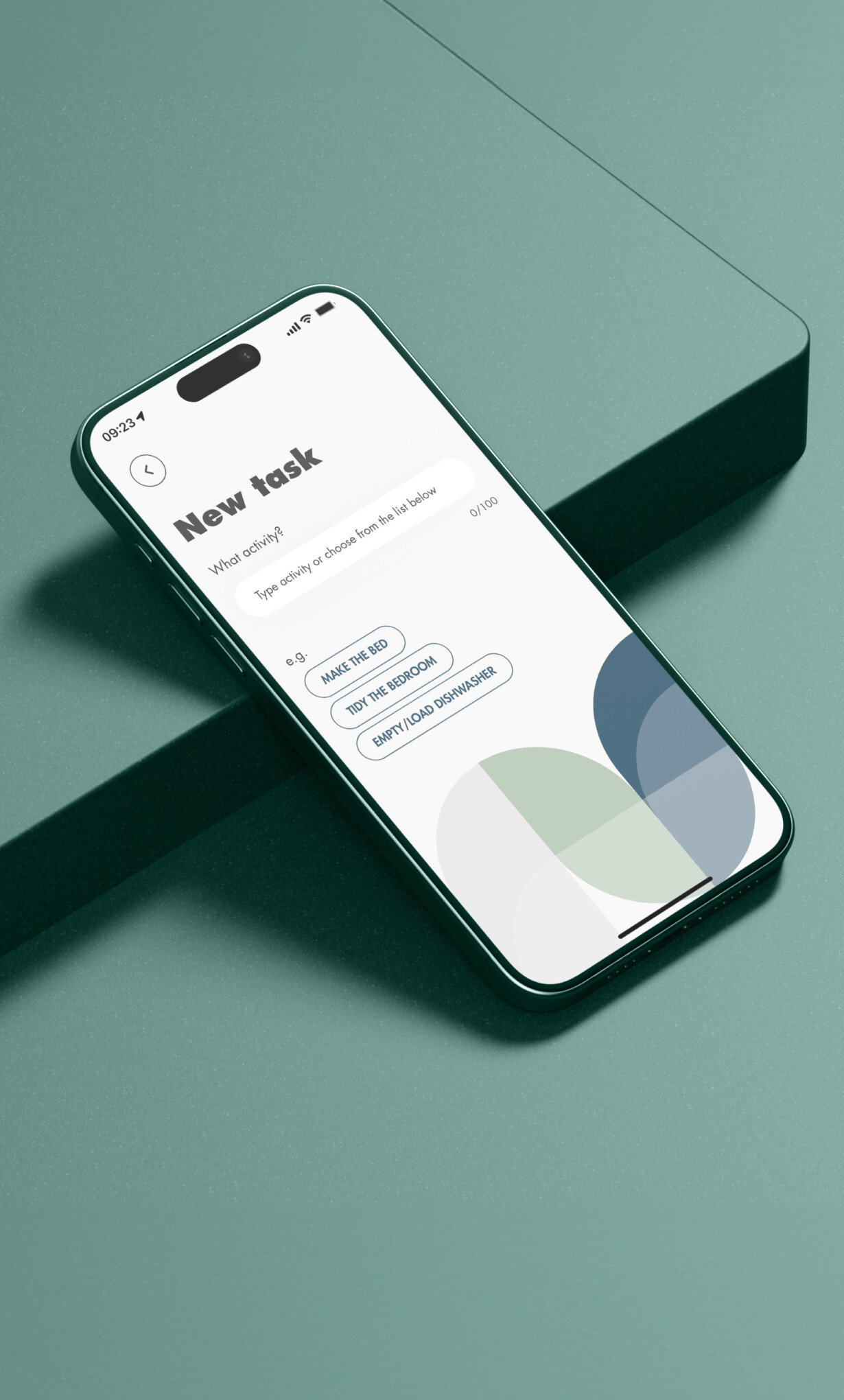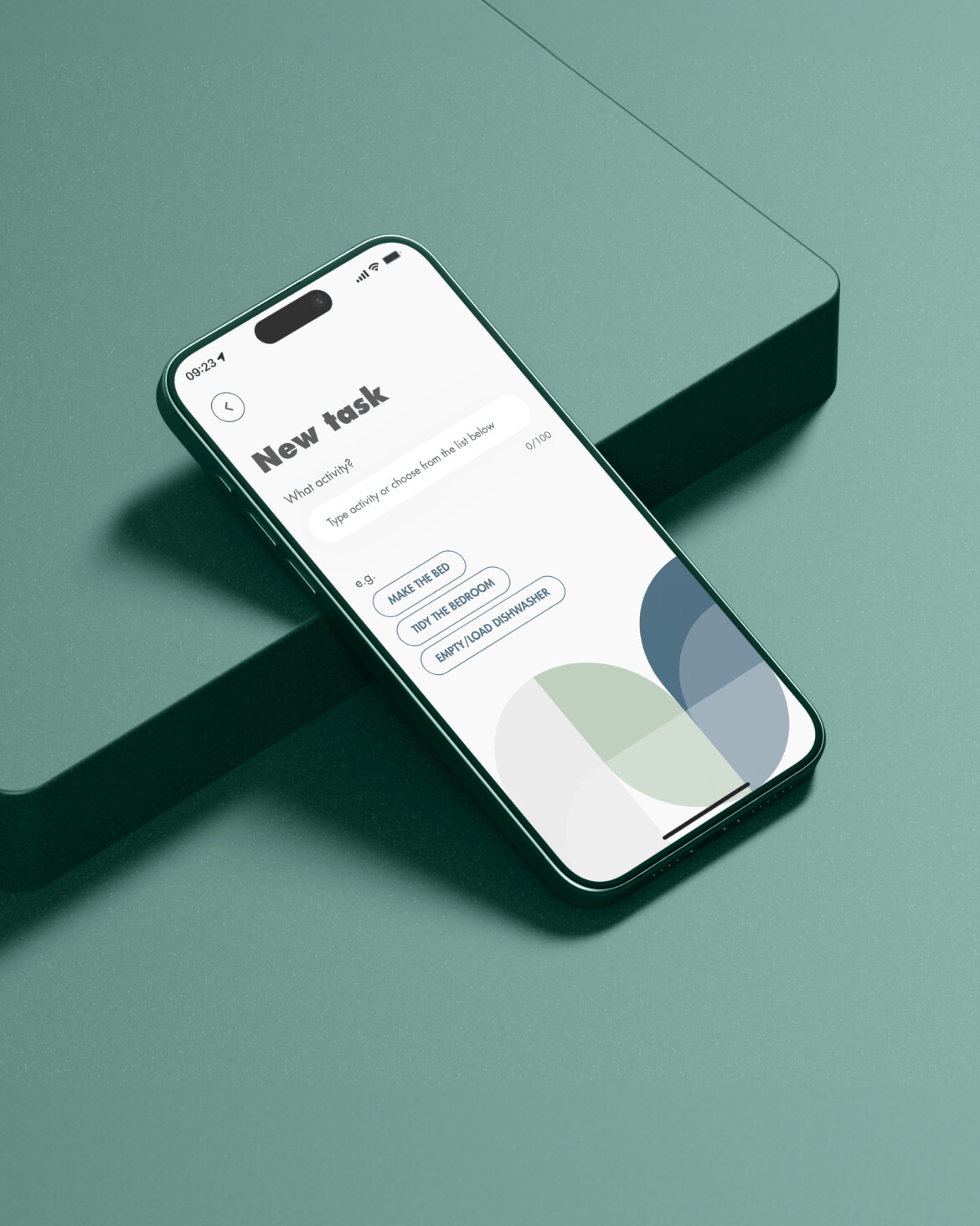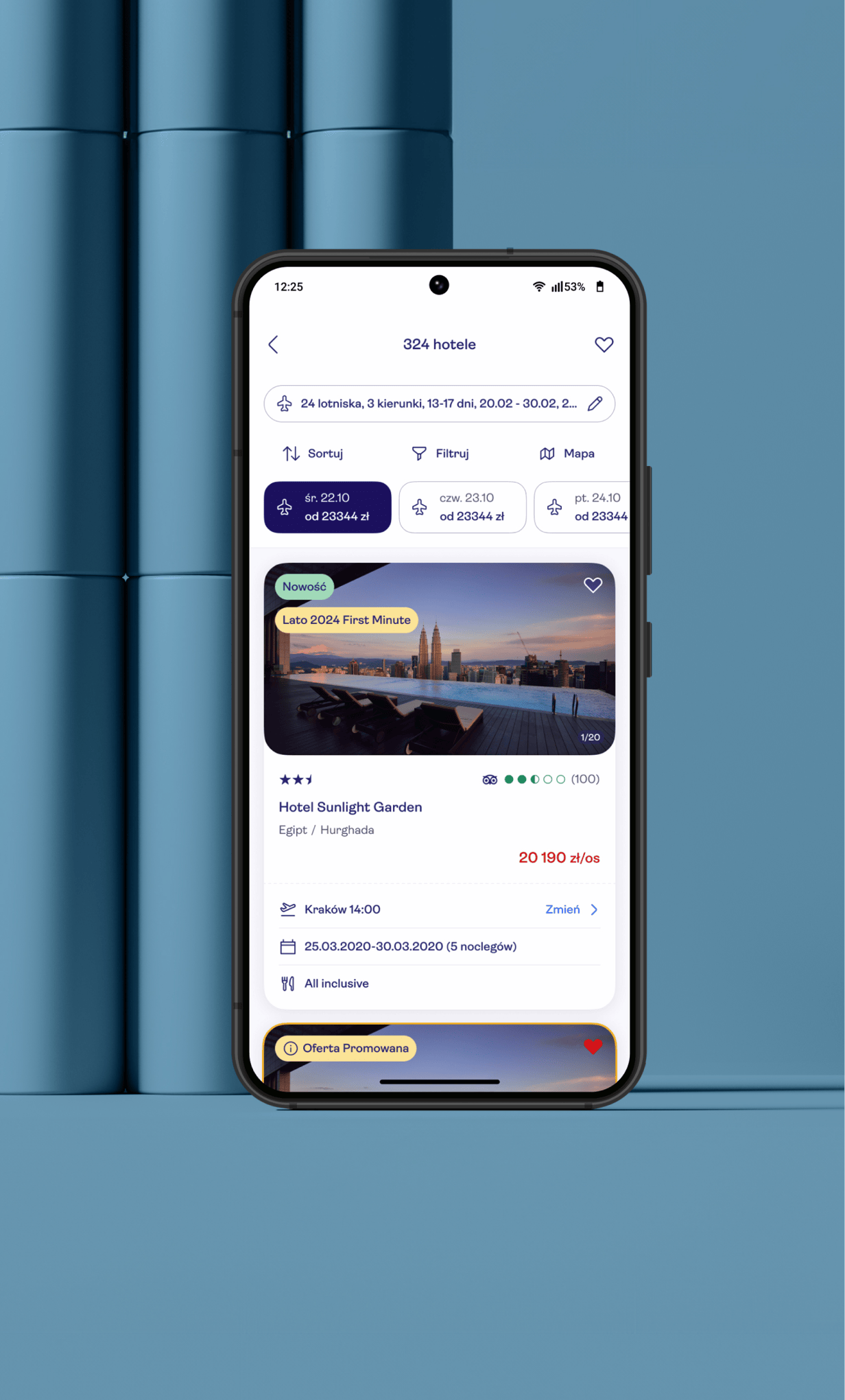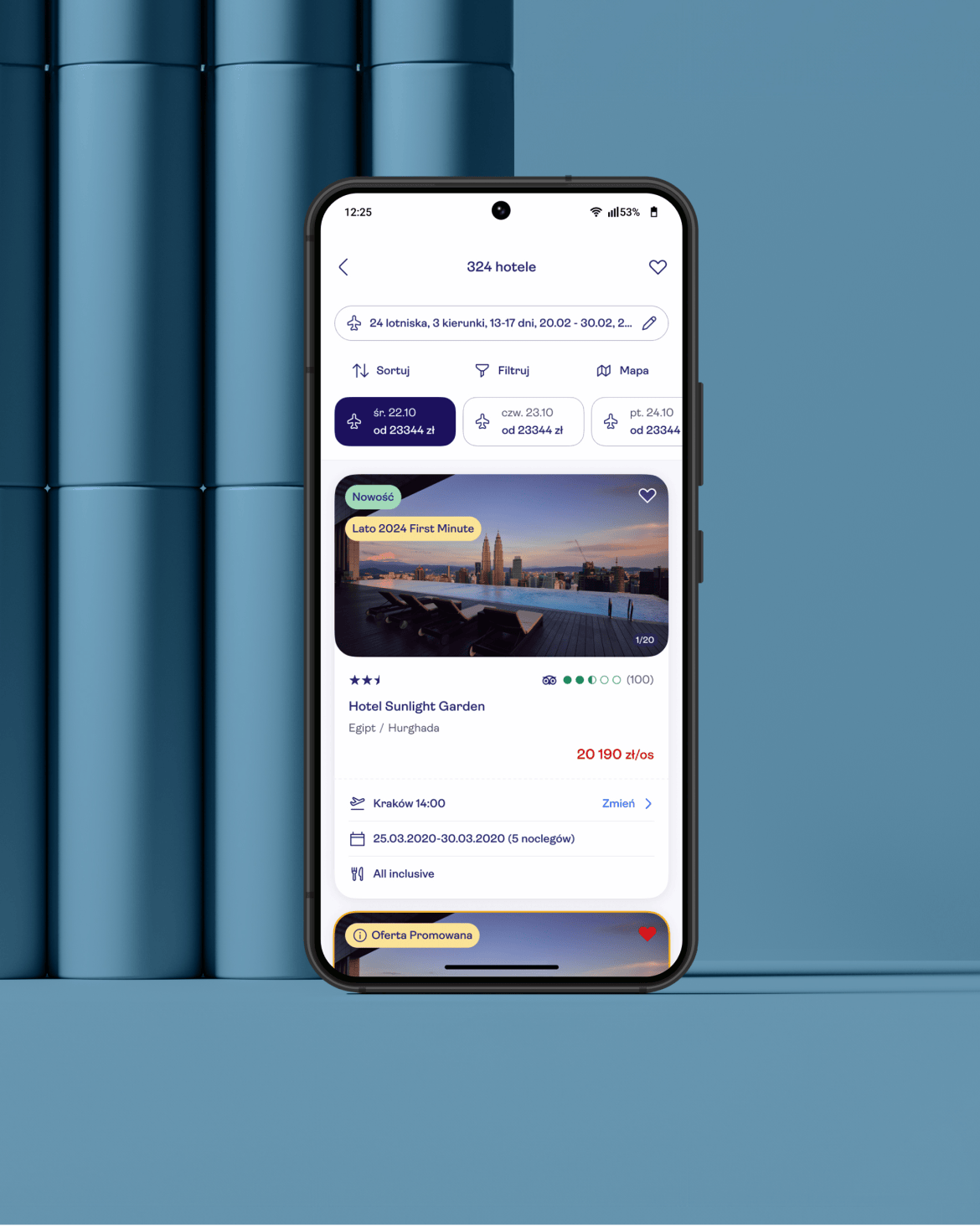Legacy Mobile Application Modernisation Services
Reduce IT management time and costs
Take advantage of personalised legacy app modernisation services and jump on the innovation bandwagon. Reduce IT costs with modernised, scalable software.
Consult your idea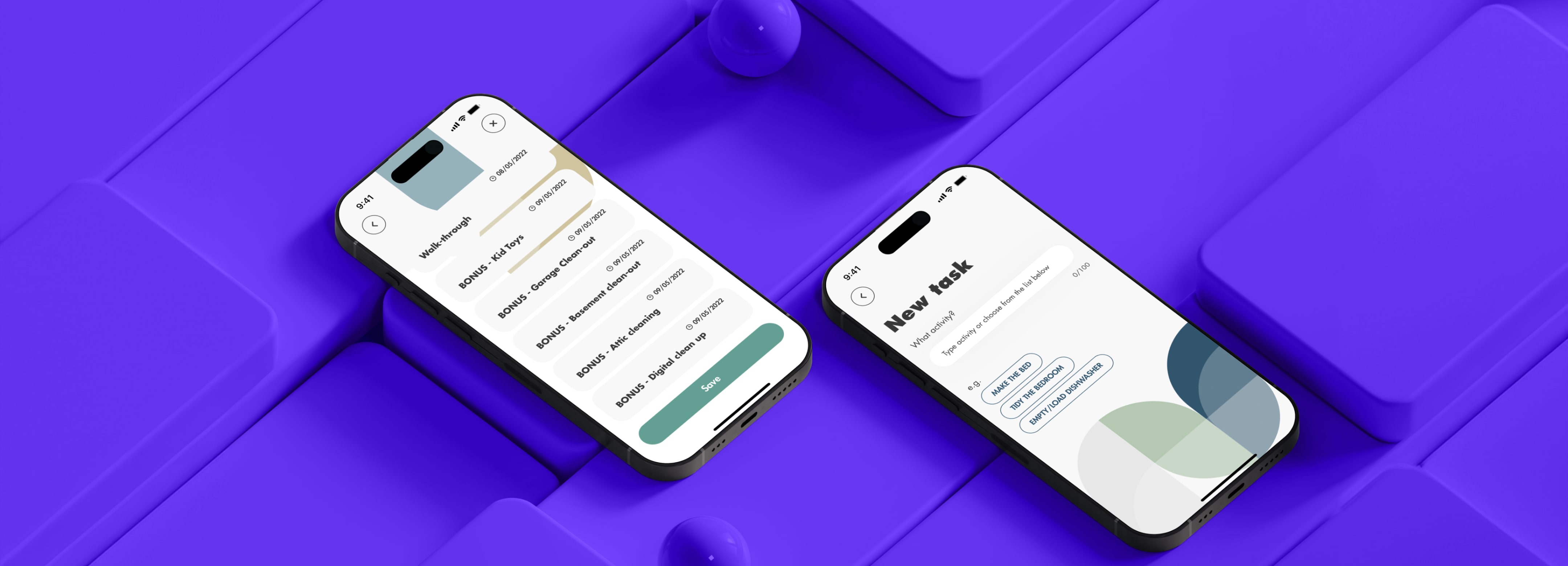
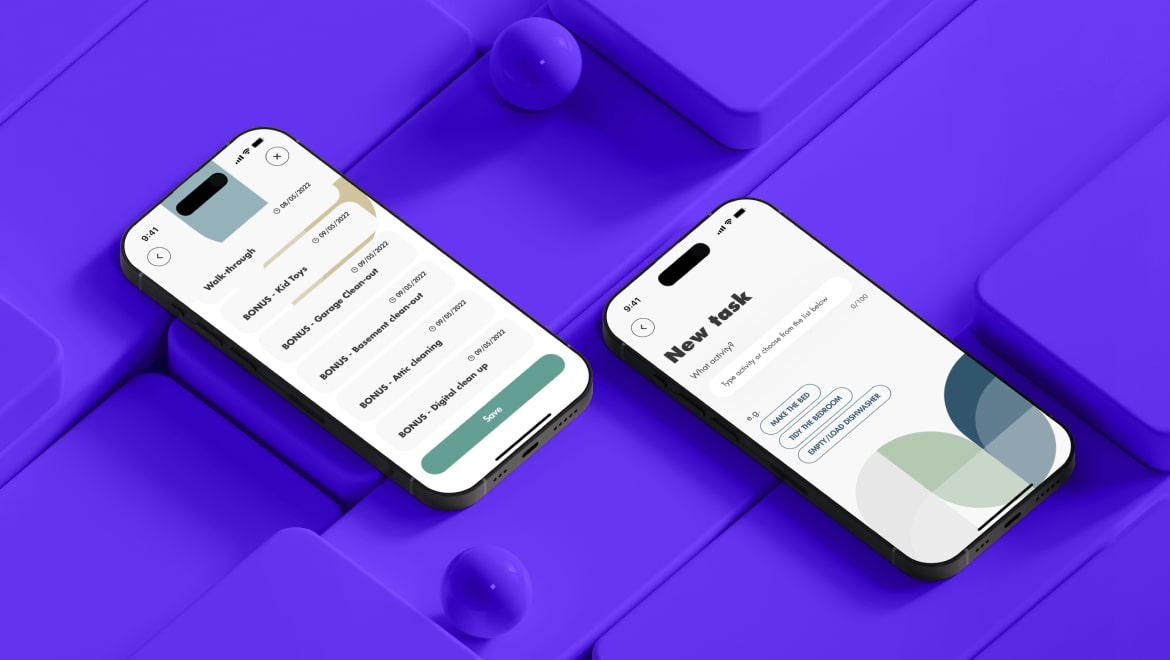
What you get
Four key principles to transform your idea into a reliable custom app through legacy modernization.
Start project
Reliable partnership model
Ensure your project’s success with a dedicated team of experts. Let’s ask difficult questions and dig deeper to truly understand the essence of your product. We don’t just work for you; we partner with you!

Architecture & technology consultations
Whatever your needs are, we ensure the technology perfectly aligns with your product. Our Project Technical Team provides comprehensive system setup, technology health checks, and enhancement support. Gain a technical perspective and help your team make better decisions.
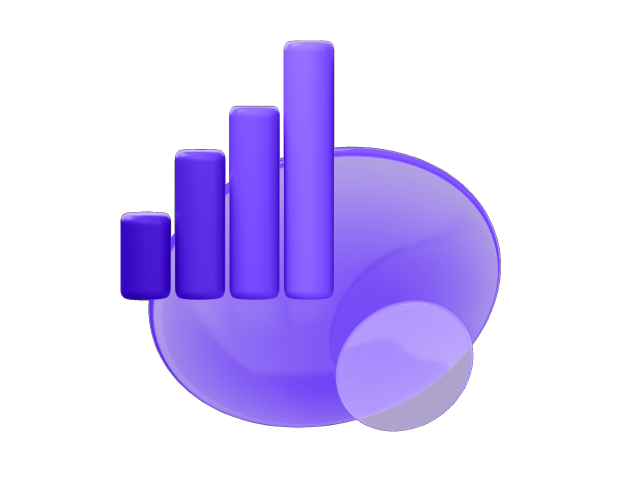
Product care & scale
Let us handle the weight of product strategy. We’ll focus on your target audience, craft robust business models, provide market insights, and set clear milestones. All to ensure your product stays on track from inception to success.
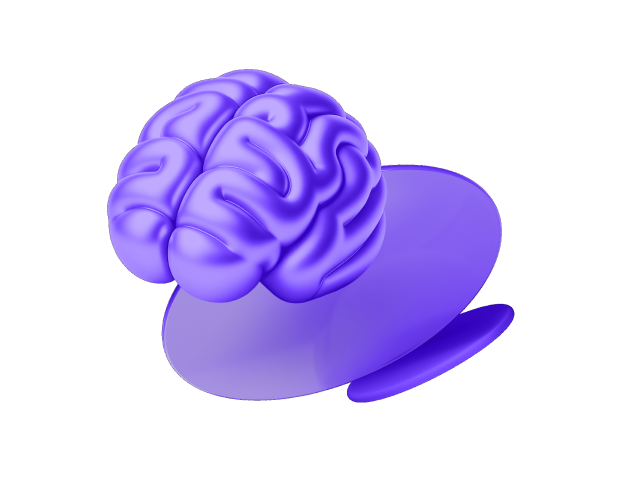
The innovation-driven experts onboard
By partnering with us, you access the forefront of technological innovation, from Generative AI and NLP to machine learning. Leverage the latest advancements to stay competitive and deliver unmatched value to your customers.
1 of 4
Legacy application modernisation services
Update, improve or rewrite existing applications to maximise their long-term value by enhancing functionality, performance and security.
and outdated features to improve usability and performance and reduce maintenance costs.
Software audits
Evaluate your software with detailed functional, performance, security, or usability audits. Identify potential upgrades, vulnerabilities,
to accelerate digital transformation and enhance agility.
Cloud migration
Move your apps to the cloud for greater security, scalability, and innovation. Leverage platforms like AWS or Google Cloud
and drive sales while reducing project costs.
UX audits & UI redesign
Boost conversions and strengthen your brand with UX audits and UI redesigns. Quick improvements can increase user satisfaction
and create a solid foundation for future development.
Code refactoring
Enhance your legacy system’s efficiency and maintainability without altering functionality. Refactor code to reduce bugs, streamline testing,
Reimagine your legacy systems with our modernization services, transforming outdated software into future-ready solutions that boost efficiency and scalability.
Software audits
Evaluate your software with detailed functional, performance, security, or usability audits. Identify potential upgrades, vulnerabilities,
and outdated features to improve usability and performance and reduce maintenance costs.
Cloud migration
Move your apps to the cloud for greater security, scalability, and innovation. Leverage platforms like AWS or Google Cloud
to accelerate digital transformation and enhance agility.
UX audits & UI redesign
Boost conversions and strengthen your brand with UX audits and UI redesigns. Quick improvements can increase user satisfaction
and drive sales while reducing project costs.
Code refactoring
Enhance your legacy system’s efficiency and maintainability without altering functionality. Refactor code to reduce bugs, streamline testing,
and create a solid foundation for future development.
Available for projects
Choose your next legacy application modernisation company
Choose a top-tier software development company that can drive your growth and adapt to your evolving needs.
Book consultationComplete technical documentation
Time is crucial in any project, but we never compromise on quality. We ensure clean, well-documented code and consider refactoring an essential part of every app development lifecycle, keeping your project scalable and future-proof.
Proven track record
Over the past 12 years, our teams have contributed to the creation of over 250 innovative digital products for brands such as Warner, Dolby, Skyscanner and TUI.

Long-term partnerships
While we love MVPs, most of our client partnerships are long-term and last on average 5 years.

Transparent cooperation
Clear project scope and requirement definitions, effective communication channels, regular progress reports, risk and change management and open feedback are the pillars of the custom app development process at Miquido.

Holistic approach
Drive your business forward with our digital transformation consultancy, providing expert guidance in business strategy, product design, and full-stack development.
Team seniority
With most of our team at senior or regular levels, you receive the right combination of experience and unconventional thinking.

Tangible results,
right on schedule
13+
years in the game
250+
digital solutions delivered
200+
experts on board
9/10
projects from referrals
Here’s what our clients say
Modernised legacy solutions, enhanced performance, and future-ready apps. Hear from our clients and discover how modernising legacy applications can unlock new possibilities for your business.
See our portfolio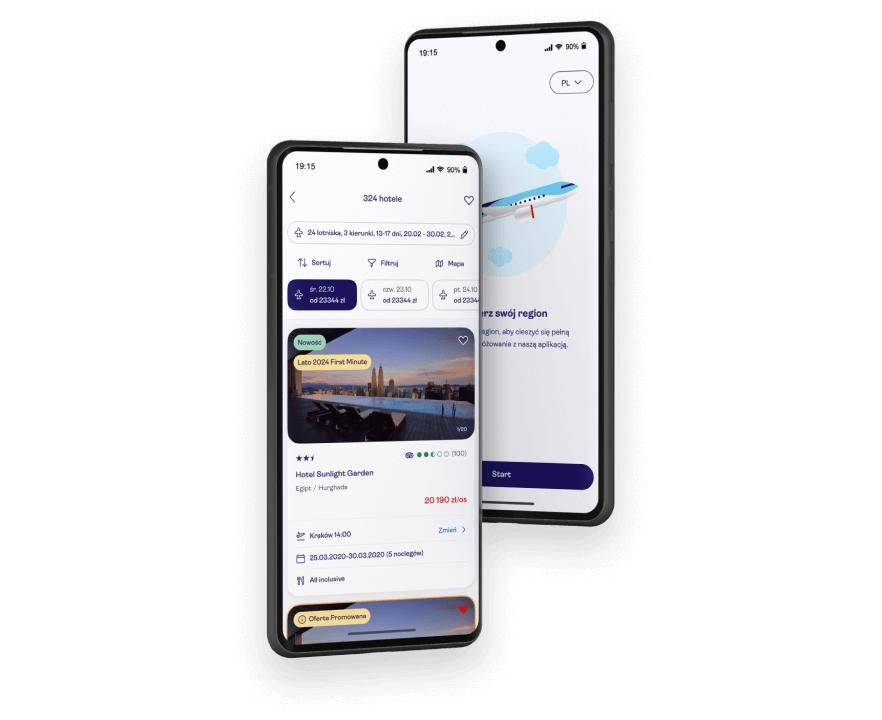
“They are quick to respond to our needs and ideas, being primarily client-oriented and willing to suggest their improvements and ideas.”
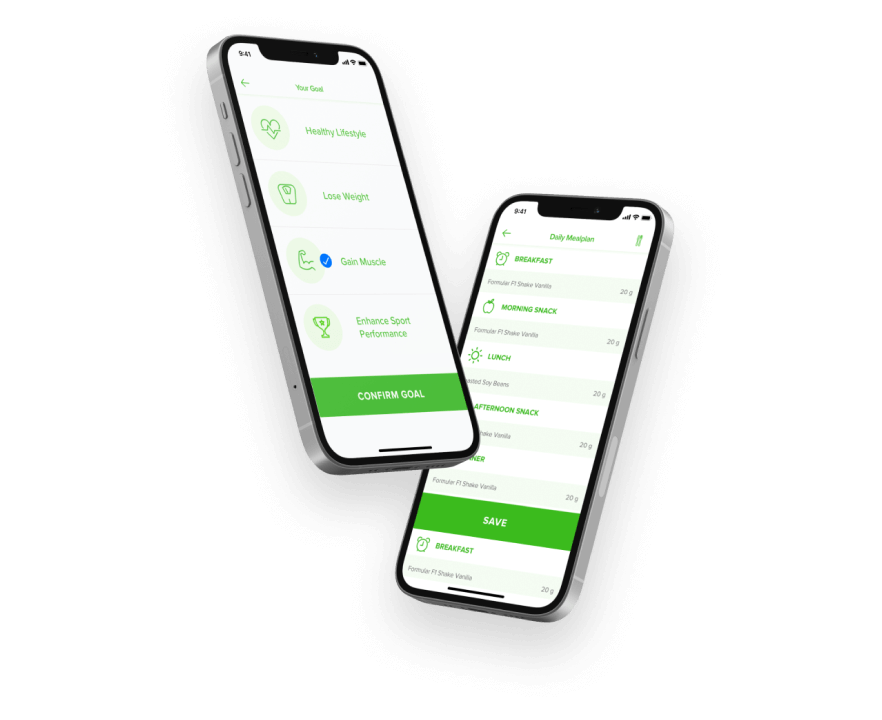
“Miquido’s team was well-organized and delivered on all their promises. Thanks to their expertise, the final products offer more features and integrations than originally expected.”
1 of 2
How much does mobile application development cost?
How long does mobile app development take?
What are the phases of custom mobile app development in Miquido?
What are currently the best languages for mobile app development?
Haven’t you found the answers?
Ask us anythingAvailable for projects
Want to talk about your project?
Partner with us for a digital journey that transforms your business ideas into successful, cutting-edge solutions.
